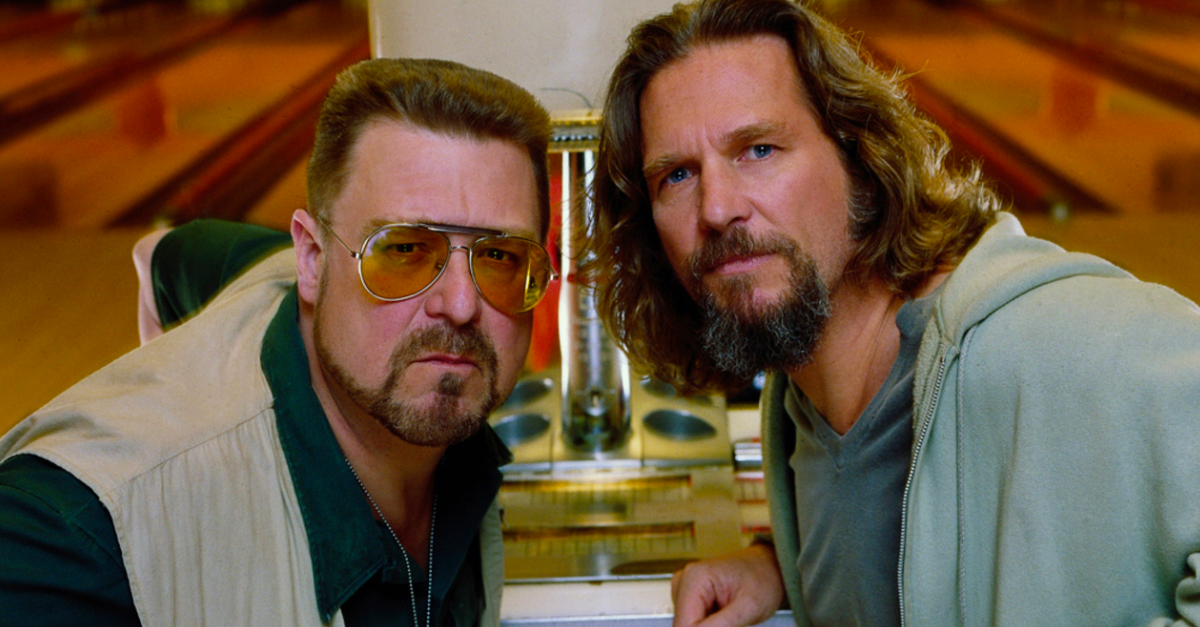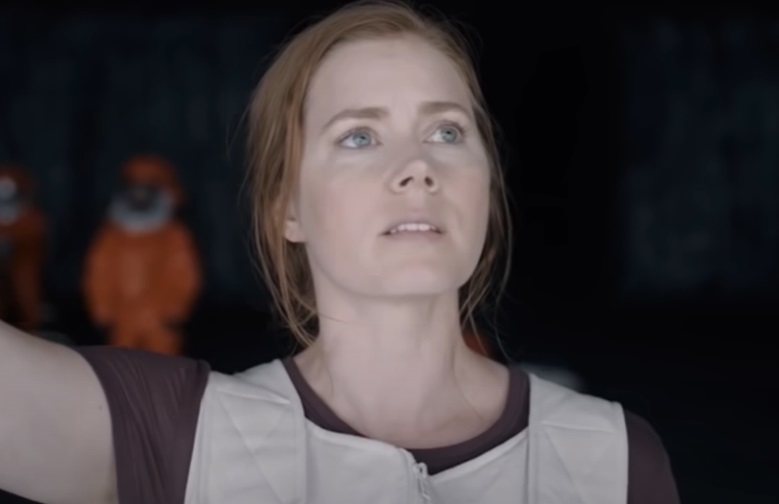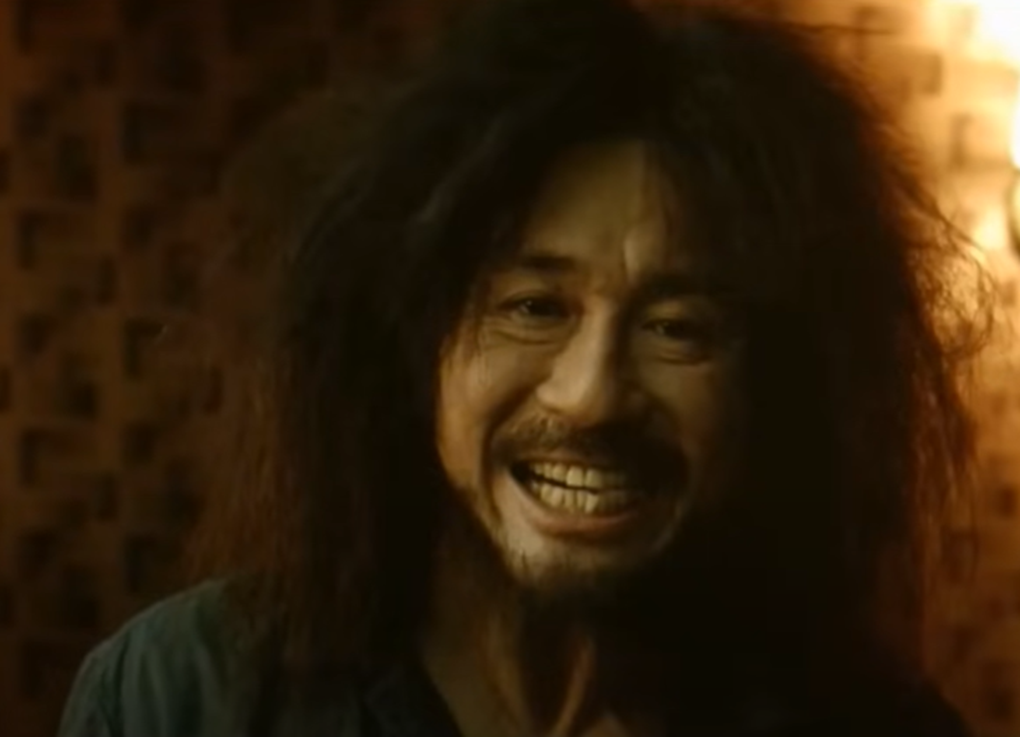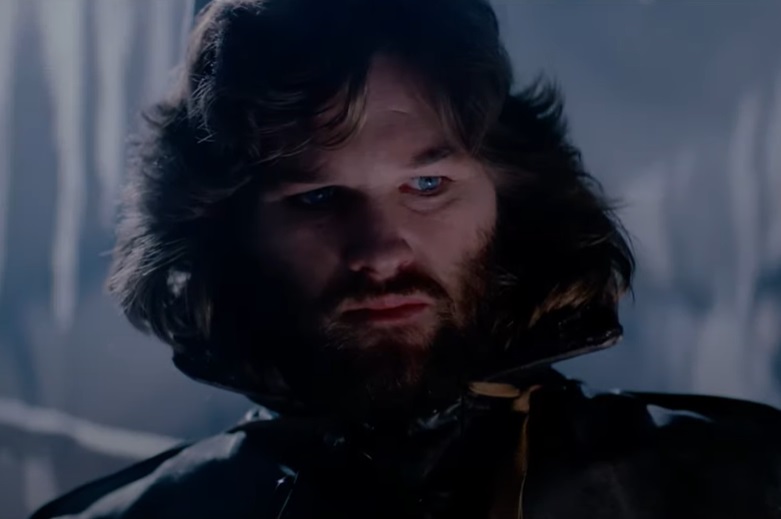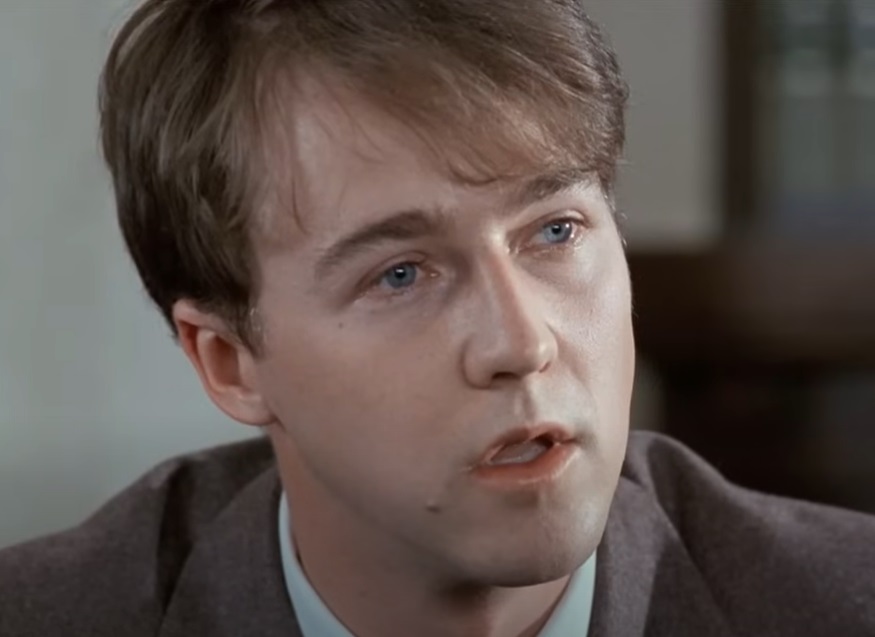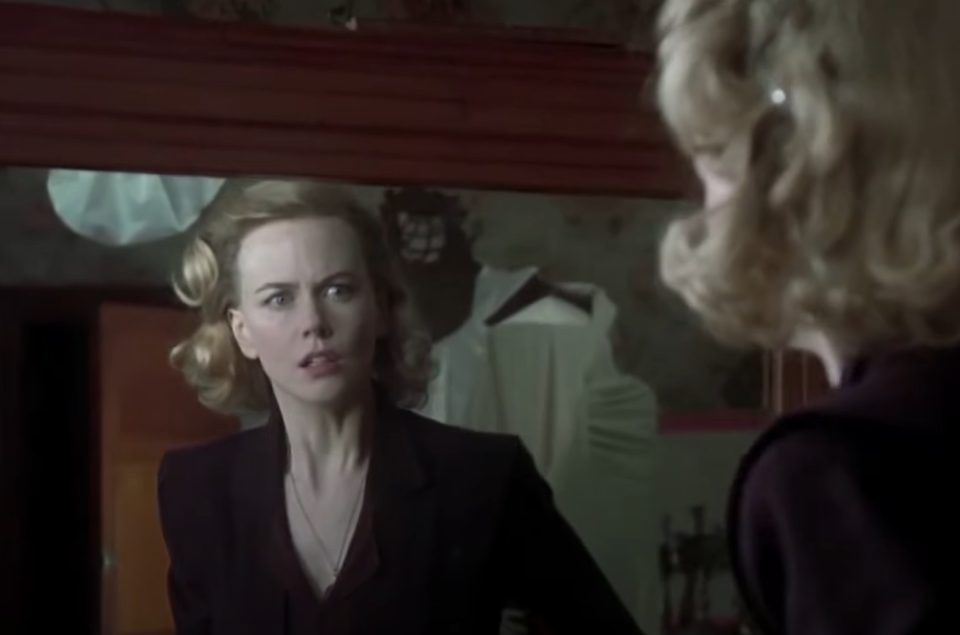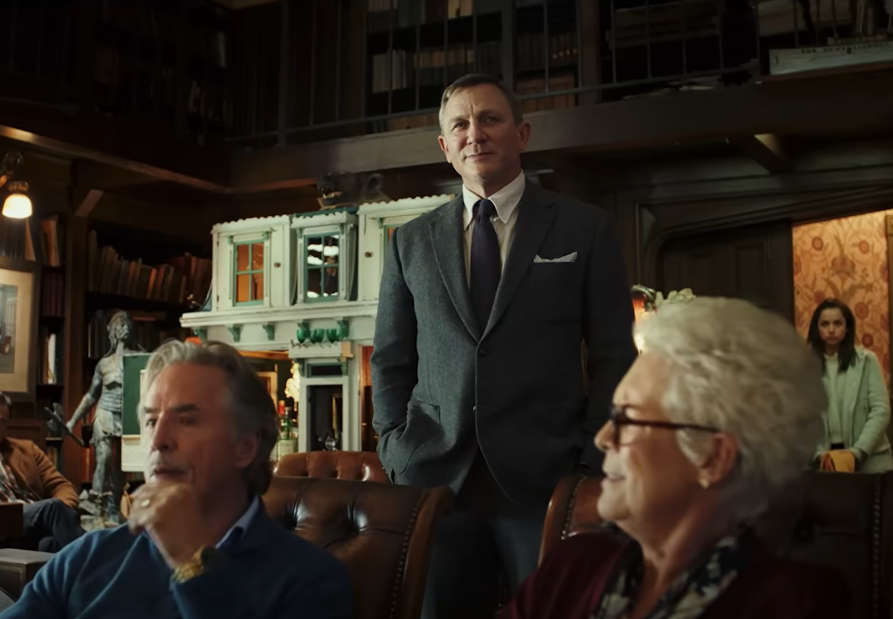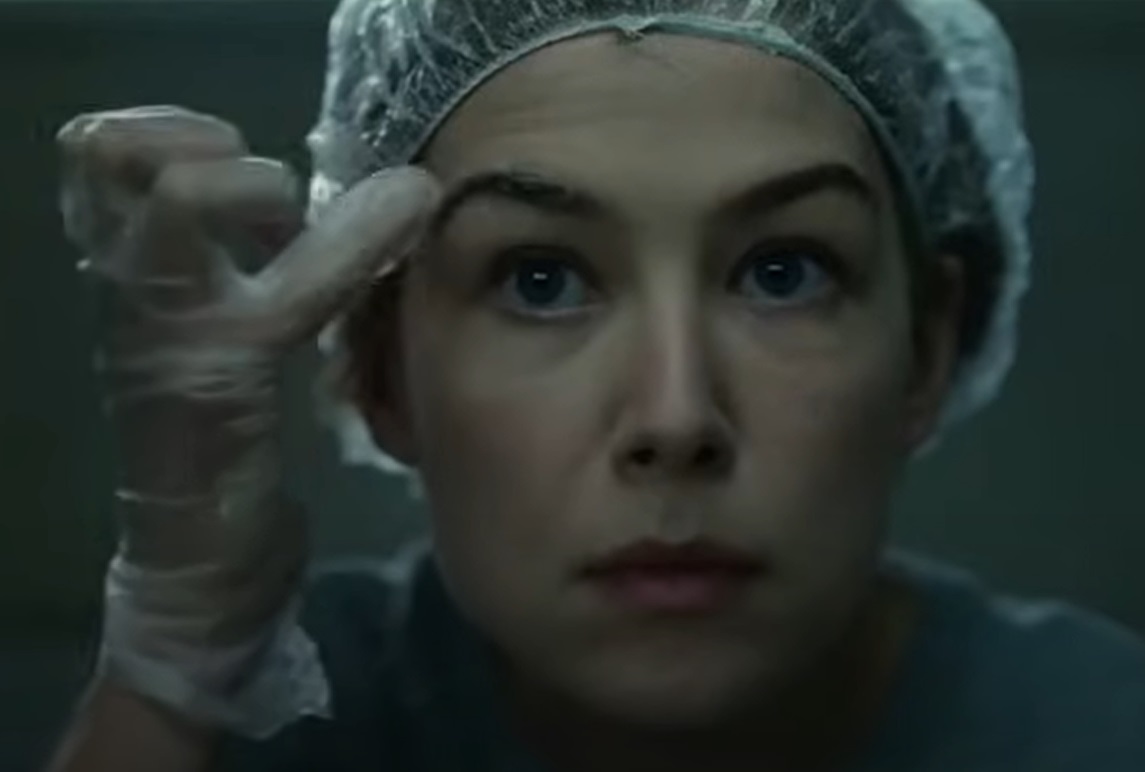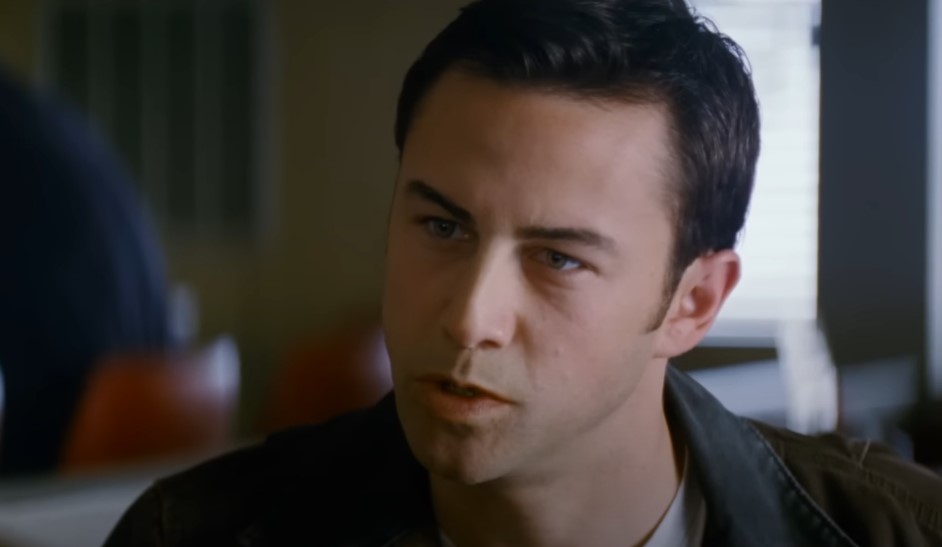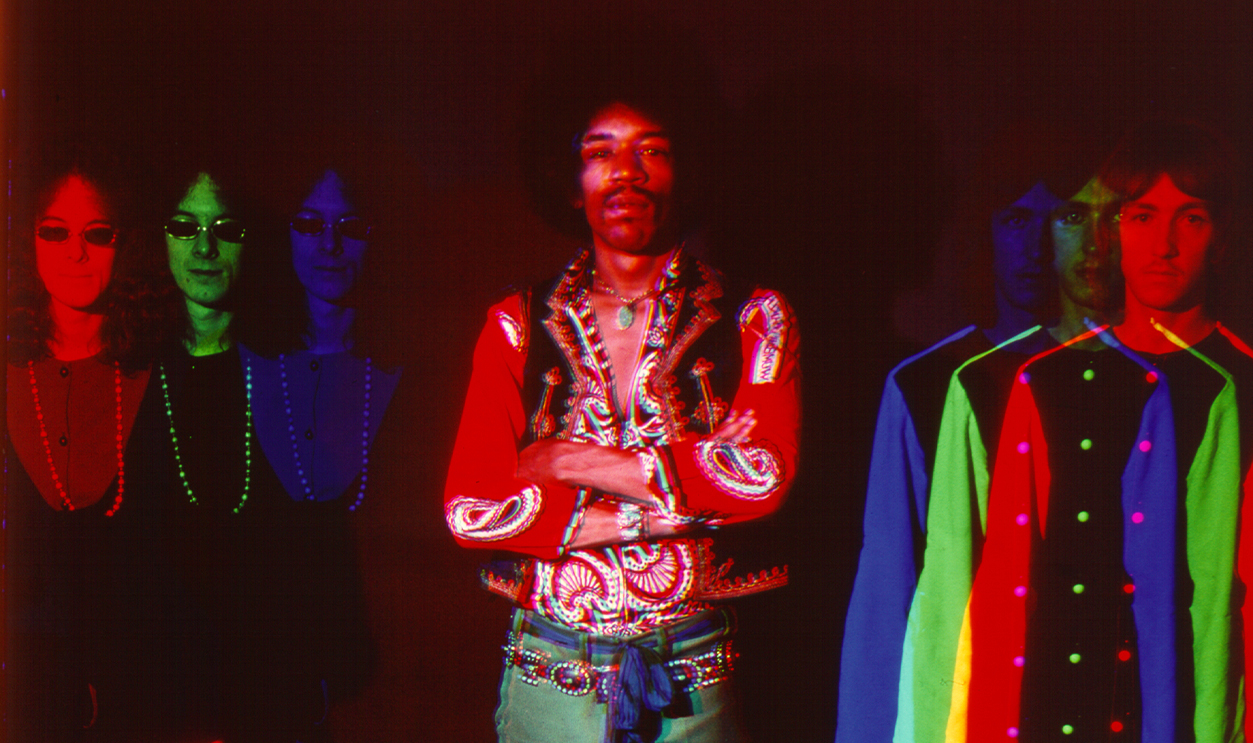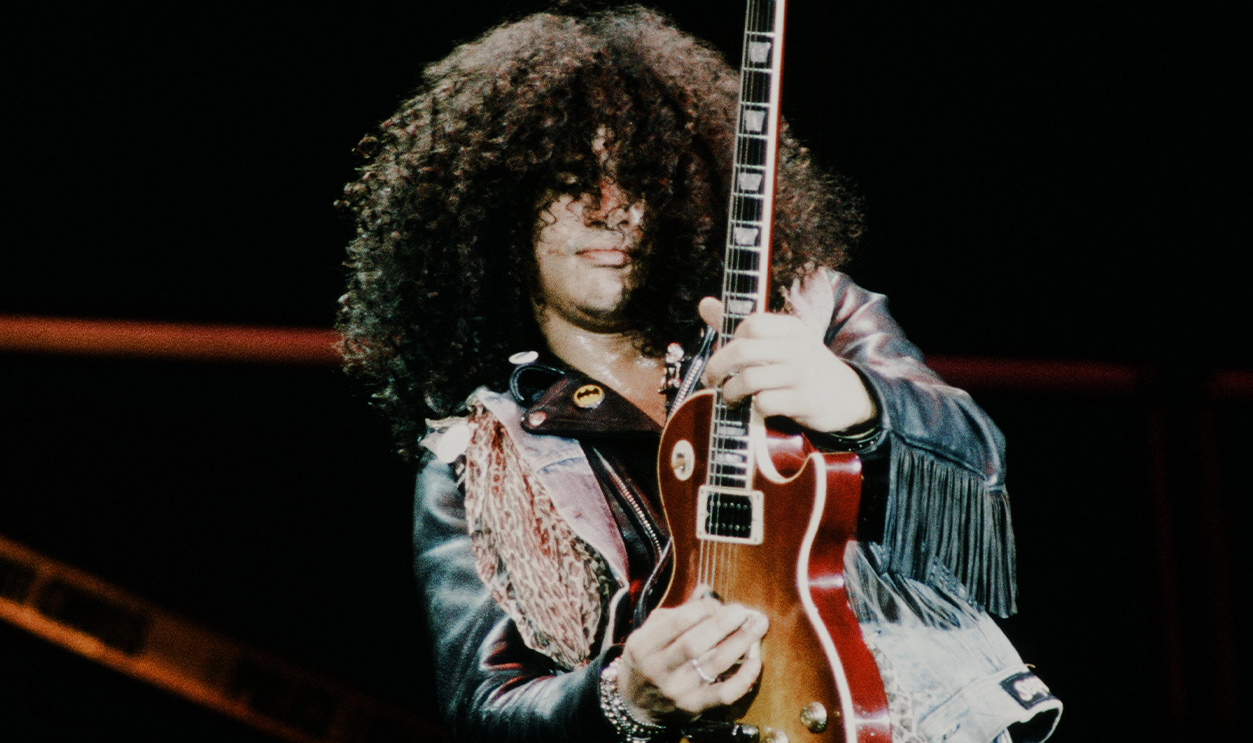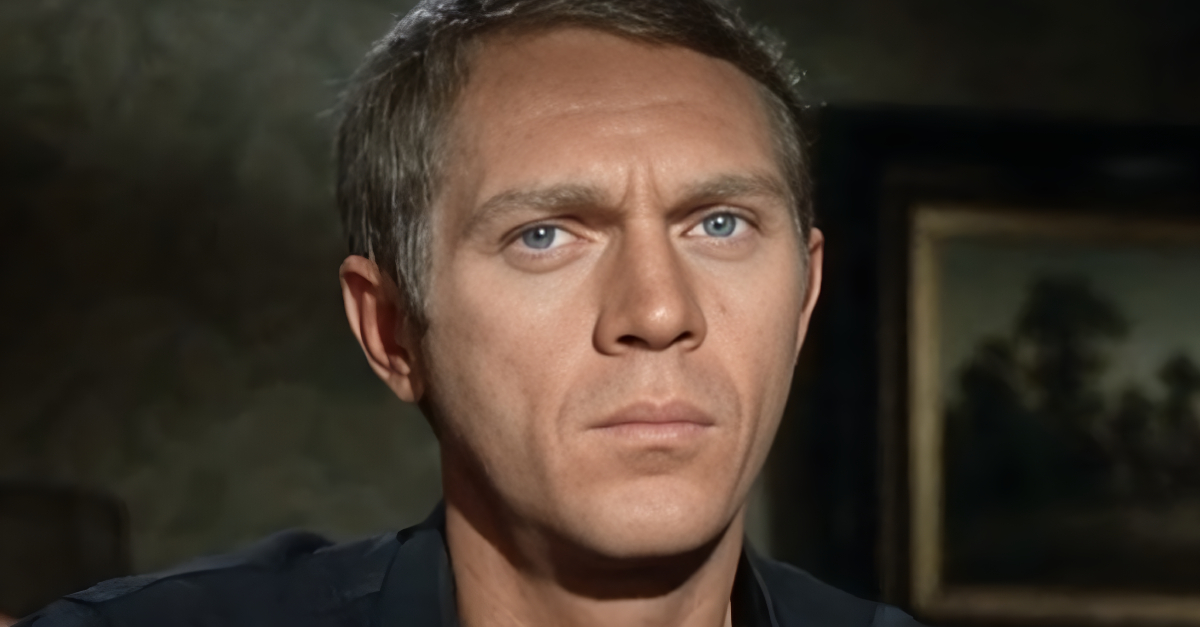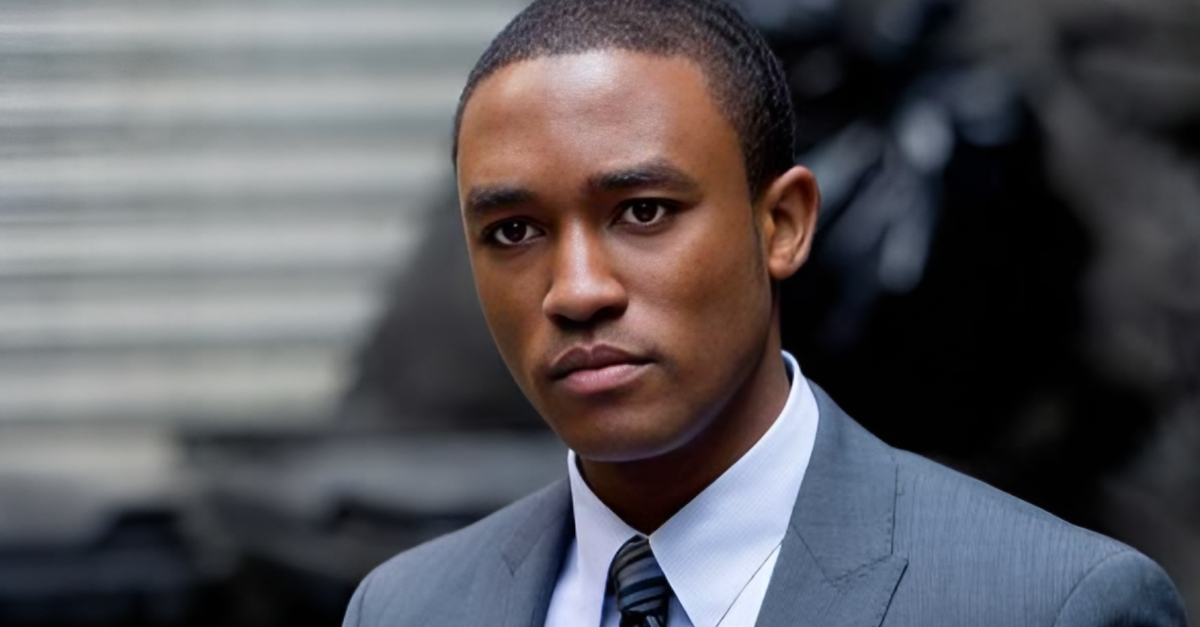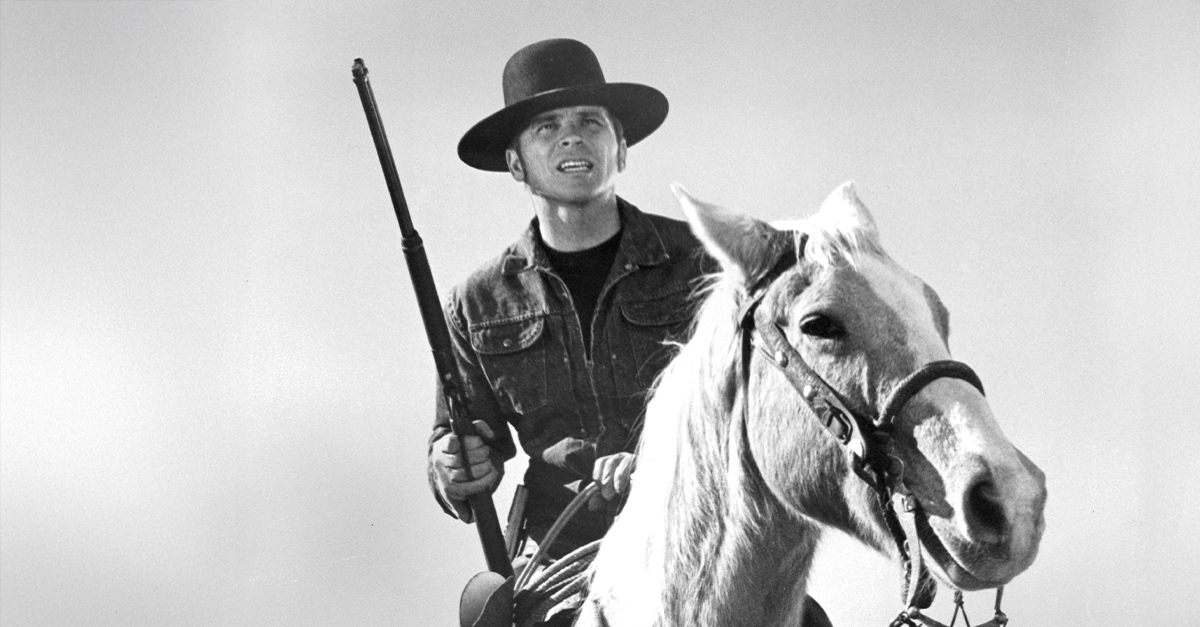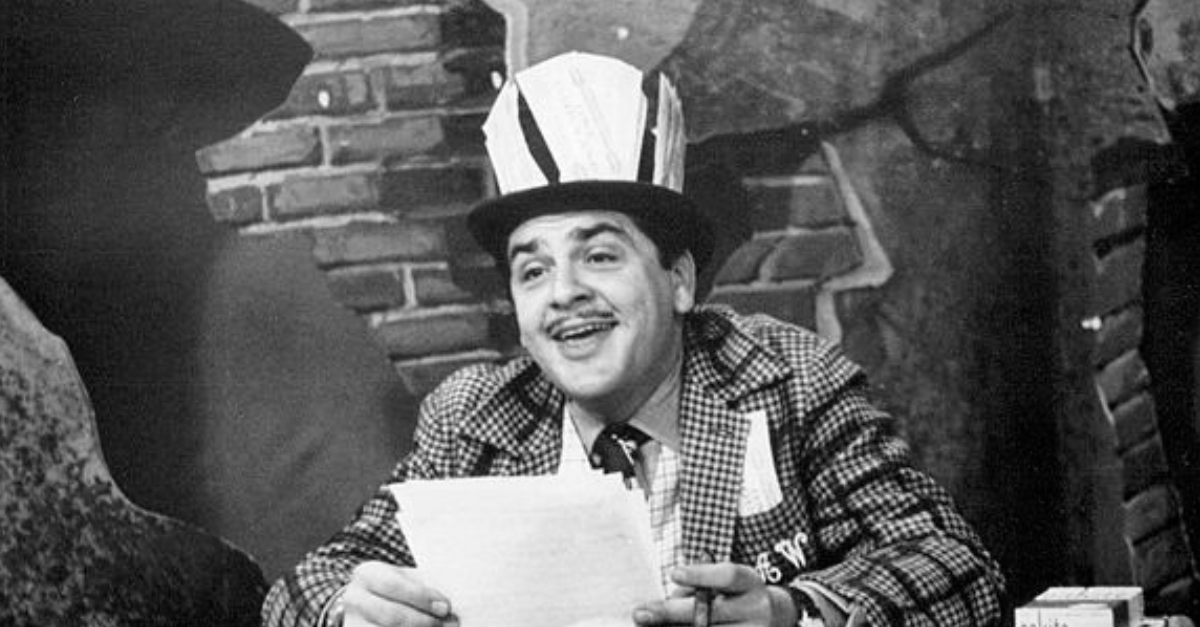Watch It Again, Sam
Some movies just demand a second date. The first time you’re wide-eyed, trying to keep up. But on the rewatch? You notice all the sneaky details, inside jokes, and emotional punches hiding in plain sight. These are the films that don’t just hold up—they get even better once you know what’s coming.
And with that in mind we should probably mention.... Spoiler Alert... Okay, now let's dive in.
"Inception" (2010)
The first time, you’re probably still trying to figure out which dream layer you’re even in. On a rewatch, though, the movie turns into a giant treasure hunt—every spinning top, hallway flip, and musical cue suddenly means something. By the time you get to the ending again, you’re either clapping or spiraling.
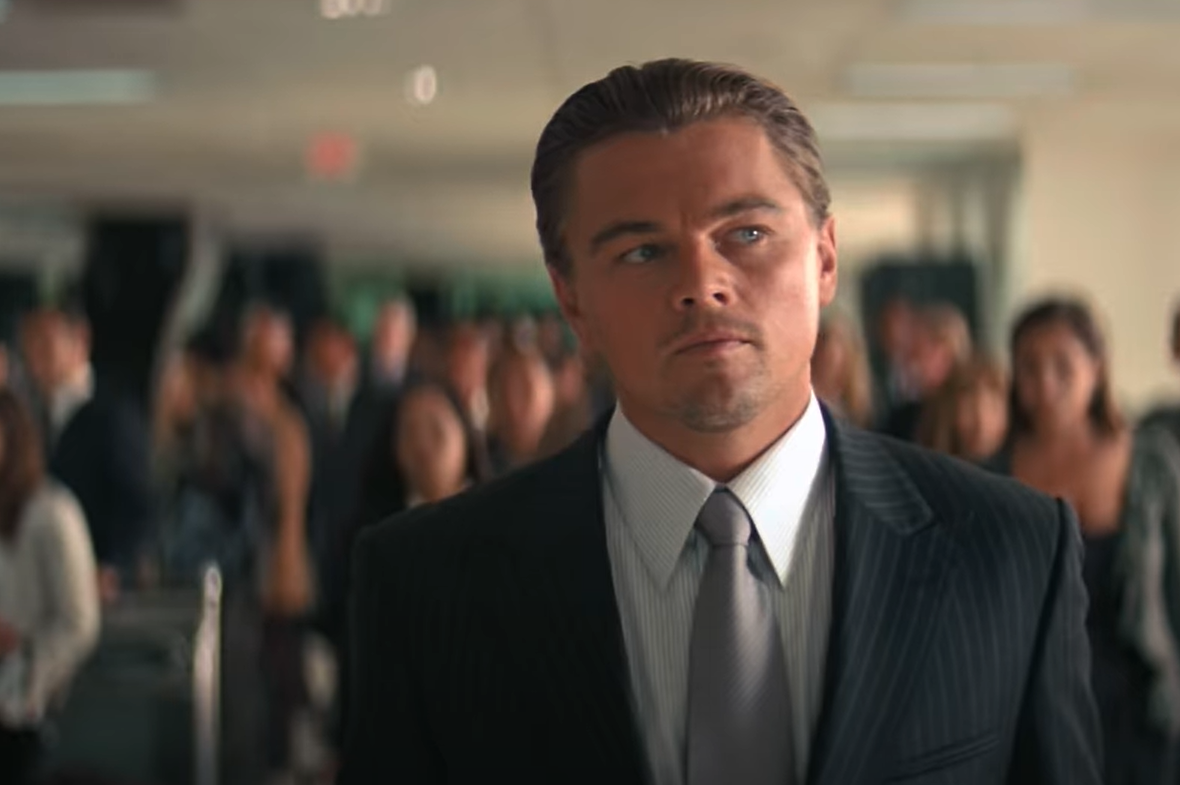 Warner Bros., Inception (2010)
Warner Bros., Inception (2010)
"The Sixth Sense" (1999)
That twist made your jaw hit the floor the first time. But the second time? Oh man, it’s a goldmine. You start spotting all the hints—like how nobody ever actually answers Bruce Willis. Suddenly the movie isn’t just a spooky ghost story—it’s a brilliant magic trick hiding in plain sight.
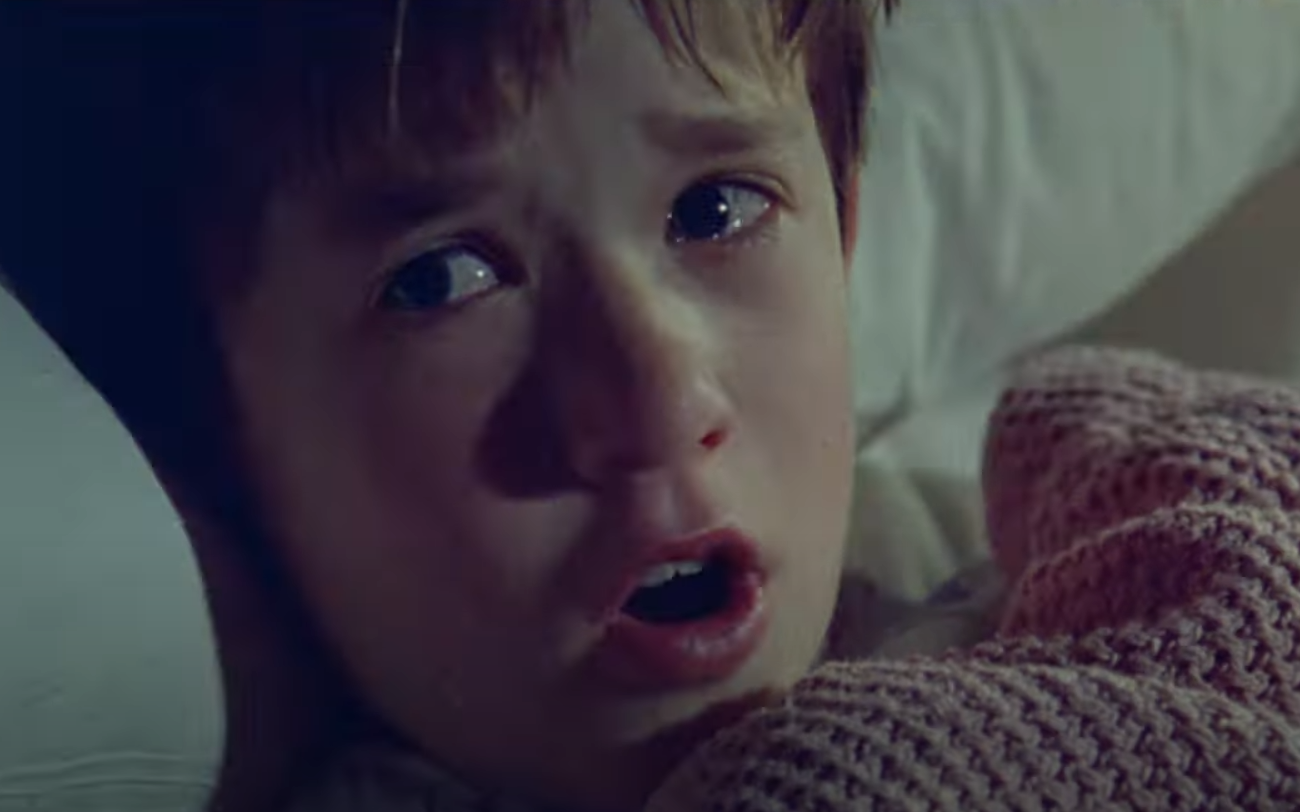 Hollywood Pictures, The Sixth Sense (1999)
Hollywood Pictures, The Sixth Sense (1999)
"Fight Club" (1999)
The reveal hits like a punch to the gut the first time. But watching again, you realize Fincher was practically screaming it at you all along. Tyler flashes into scenes, dialogue double-meaning everywhere… it’s like seeing behind the curtain. And honestly? It makes the whole movie even cooler.
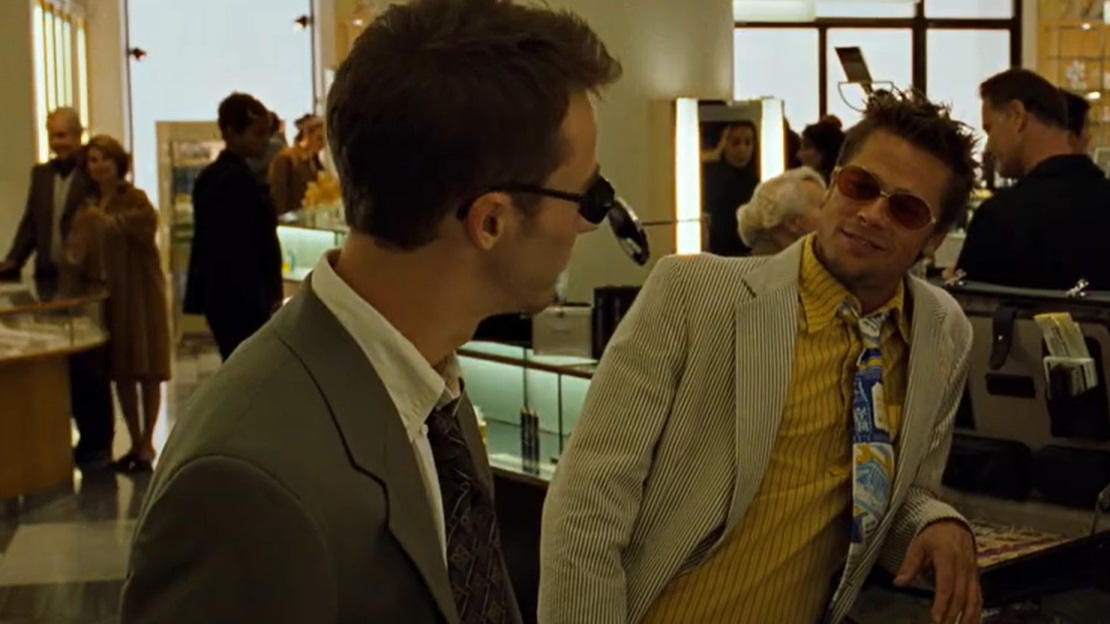 Twentieth Century, Fight Club (1999)
Twentieth Century, Fight Club (1999)
"Shutter Island" (2010)
The first time, you’re as lost as DiCaprio in the storm. The second time? You’re watching with a mix of awe and heartbreak. Every clue hits differently when you know the truth, and the ending goes from shocking to straight-up devastating.
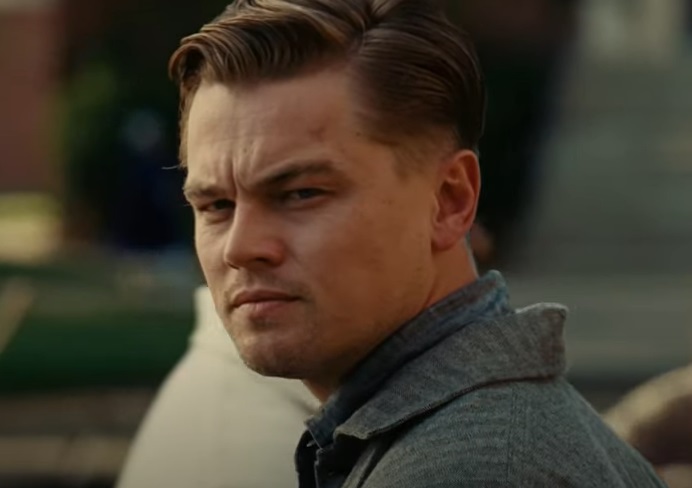 Paramount, Shutter Island (2010)
Paramount, Shutter Island (2010)
"The Usual Suspects" (1995)
That walk at the end—legendary. But go back, and suddenly Verbal Kint’s whole story feels like one long, brilliant lie. Every name, every detail, all lifted from junk in the office. You’ll be sitting there yelling, “HOW DID I NOT SEE THAT?!”
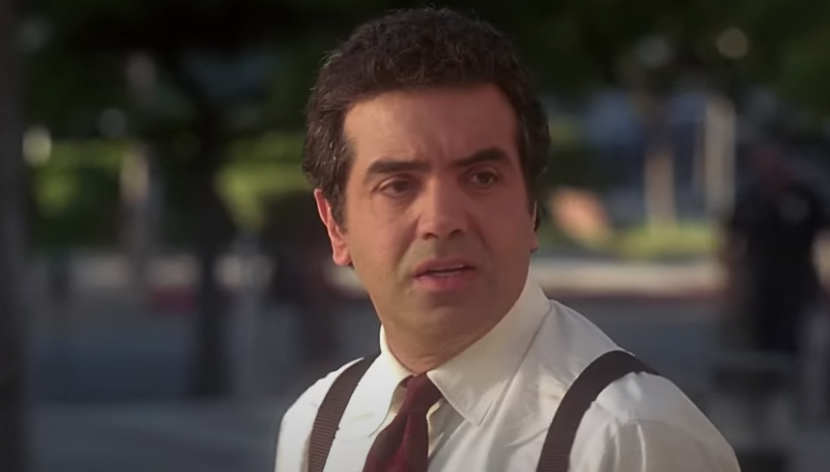 PolyGram Filmed Entertainment, The Usual Suspects (1995)
PolyGram Filmed Entertainment, The Usual Suspects (1995)
"Memento" (2000)
Backwards storytelling fries your brain on the first try. But once you’ve survived the ride, a rewatch lets you actually enjoy the genius construction. Every tattoo, every Polaroid, every shady interaction—it all clicks. Suddenly you’re not confused, you’re impressed.
 Summit Entertainment, Memento (2000)
Summit Entertainment, Memento (2000)
"Get Out" (2017)
The first time, you’re nervously laughing at the weird party. The second time, every smile feels like a warning sign. Jordan Peele basically left breadcrumbs everywhere—you just didn’t know to look. On rewatch, it’s less comedy, more nightmare fuel.
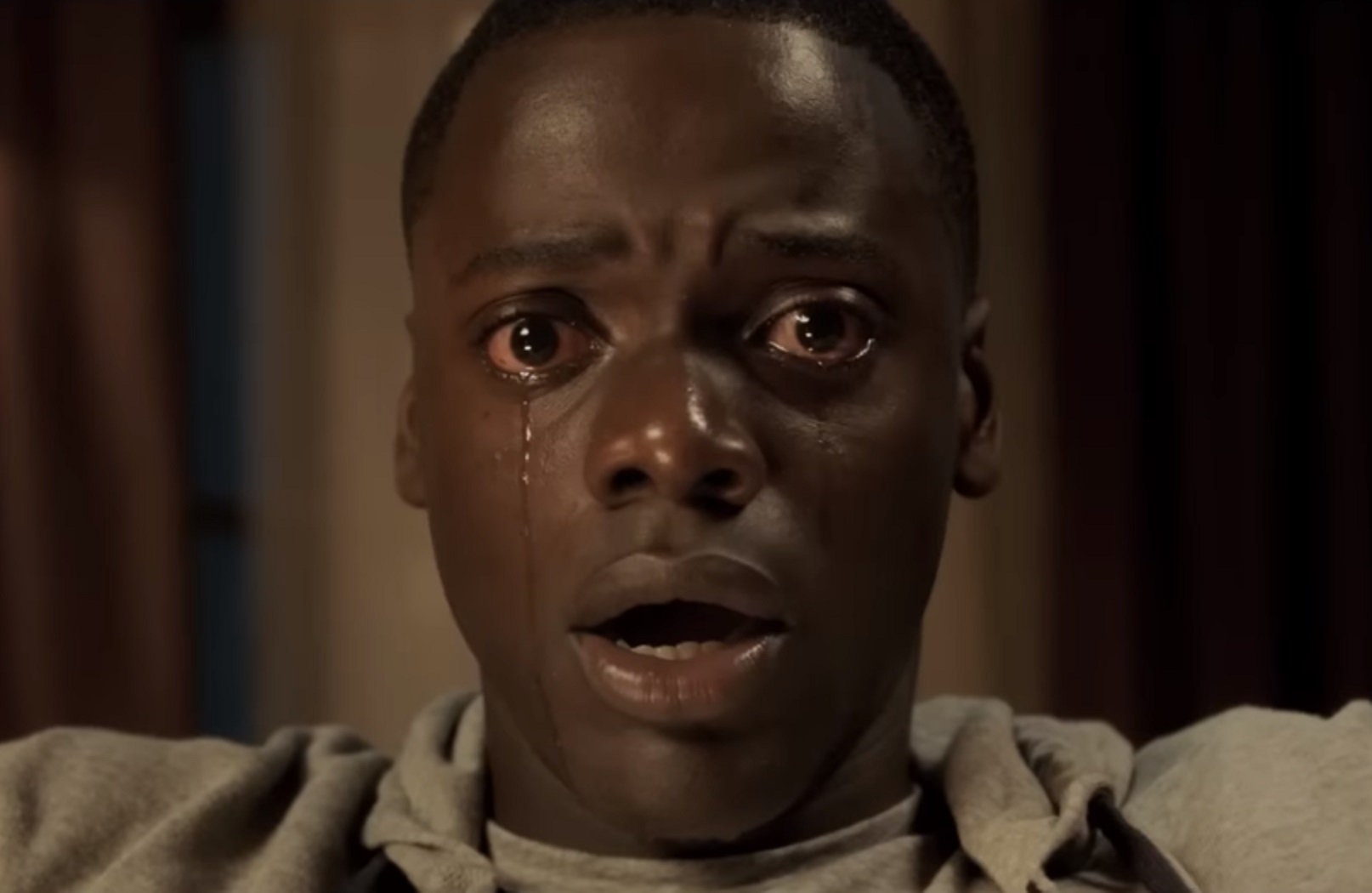 Blumhouse Productions, Get Out (2017)
Blumhouse Productions, Get Out (2017)
"Donnie Darko" (2001)
Confusing? Yes. Haunting? Also yes. But that’s the beauty—rewatch it and suddenly the weird rabbit visions and tangent universe babble start to feel like tragic poetry. It goes from a trippy cult flick to a story that lingers way longer than it should.
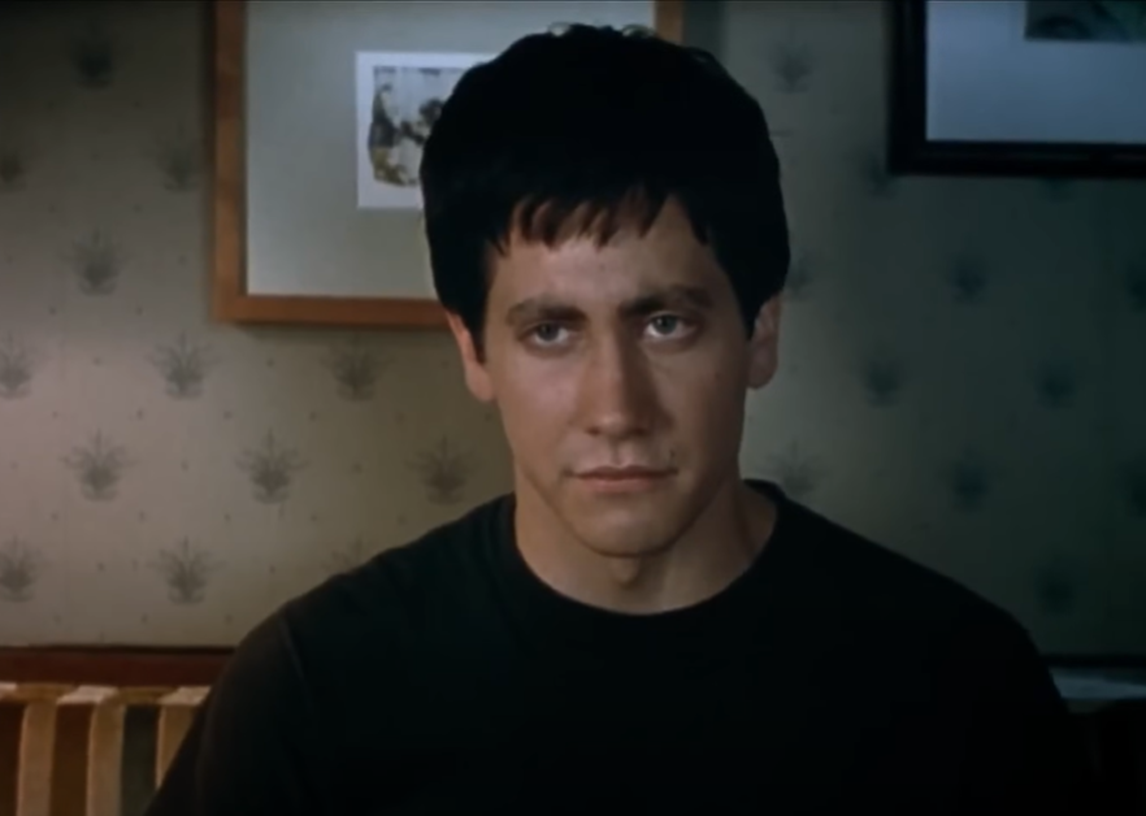 Adam Fields Productions, Donnie Darko (2001)
Adam Fields Productions, Donnie Darko (2001)
"Arrival" (2016)
The first time, it’s aliens with squids and circles. The second? Ohhh, you realize the whole movie was a loop. Suddenly every scene with Amy Adams hits twice as hard. It’s sci-fi that smuggles in a gut punch.
"Mulholland Drive" (2001)
At first it’s, “What the heck did I just watch?” Then the second time you realize Lynch wasn’t being random at all—it’s all connected. Dreams, doubles, identity—suddenly it feels less confusing and more like a puzzle box you actually want to solve.
 Asymmetrical Productions, Mulholland Drive (2001)
Asymmetrical Productions, Mulholland Drive (2001)
"The Prestige" (2006)
Nolan straight up tells you: every magic trick has three acts. The first time you’re amazed. The second time you’re like, “Wait…he literally explained the twist at the start.” It’s movie magic about movie magic.
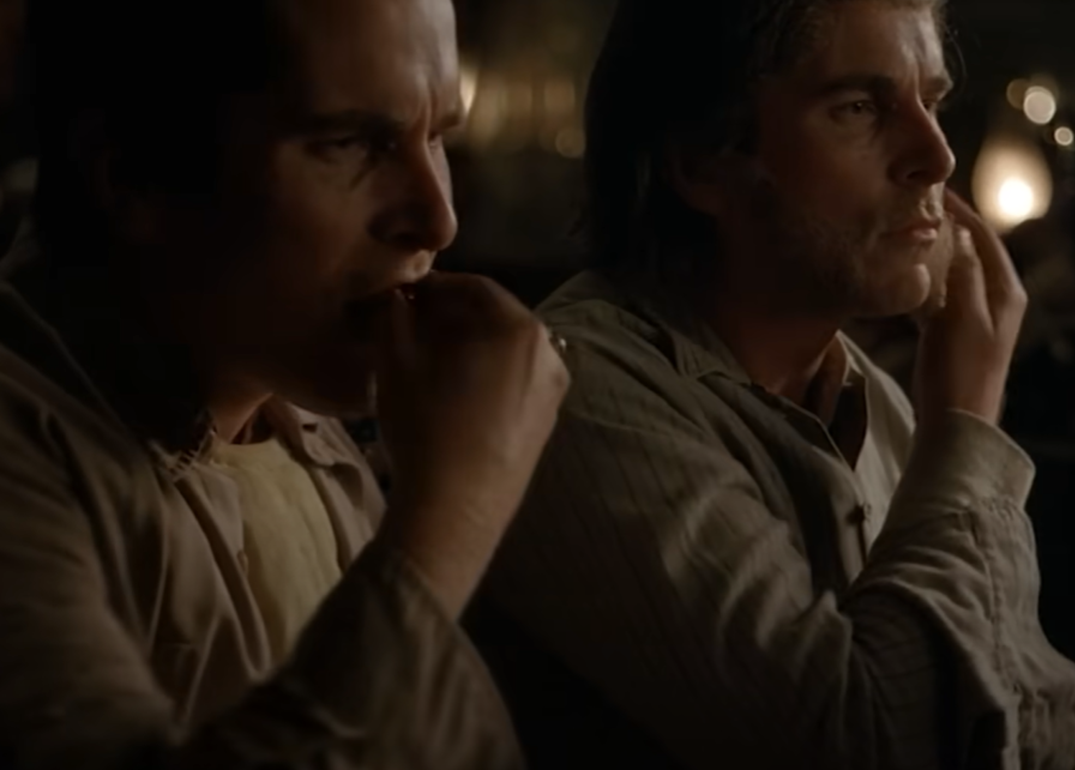 Warner Bros., The Prestige (2006)
Warner Bros., The Prestige (2006)
"Hereditary" (2018)
The first watch? You’re traumatized. The second watch? You’re traumatized and impressed. Tiny symbols, creepy background details, weird lines of dialogue—they’re all pointing at the ending. Which somehow makes it even scarier.
 PalmStar Media, Hereditary (2018)
PalmStar Media, Hereditary (2018)
"The Big Lebowski" (1998)
You laugh the first time. The second time, you’re quoting it endlessly. The Dude abides, the rug tied the room together, Donny’s ashes… it all turns into inside jokes with yourself. By the fourth watch, it’s less a movie, more a lifestyle.
 Polygram Filmed Entertainment, The Big Lebowski (1998)
Polygram Filmed Entertainment, The Big Lebowski (1998)
"Blade Runner 2049" (2017)
First watch: “Wow, that was long and pretty.” Second watch: “Wait, this is actually genius.” The tiny gestures, the echoes of the original, the way it quietly questions what makes us human—it’s all in there, waiting for you to notice.
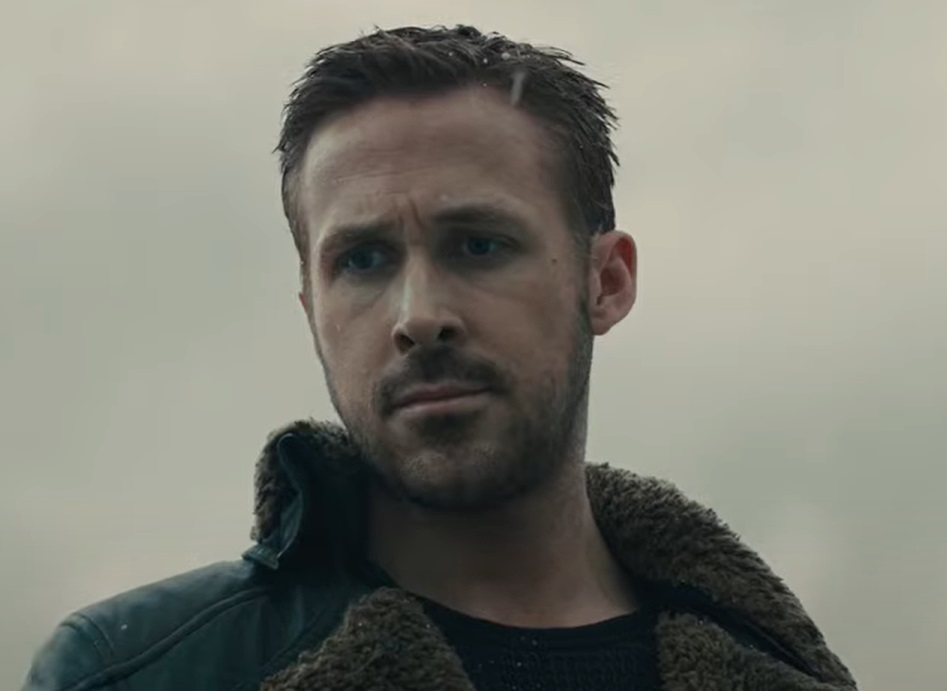 Columbia, Blade Runner 2049 (2017)
Columbia, Blade Runner 2049 (2017)
"Oldboy" (2003)
The twist leaves you shocked and probably speechless. But on rewatch, the whole thing feels like Greek tragedy levels of inevitable. What looked like chaos the first time is actually a brutal, heartbreaking setup.
"Interstellar" (2014)
The science might scramble your brain the first time. But once you know the story, you can focus on the emotional gut punch. The watch, the goodbye, the “love transcends dimensions” thing—it all lands harder when you already know where it’s going.
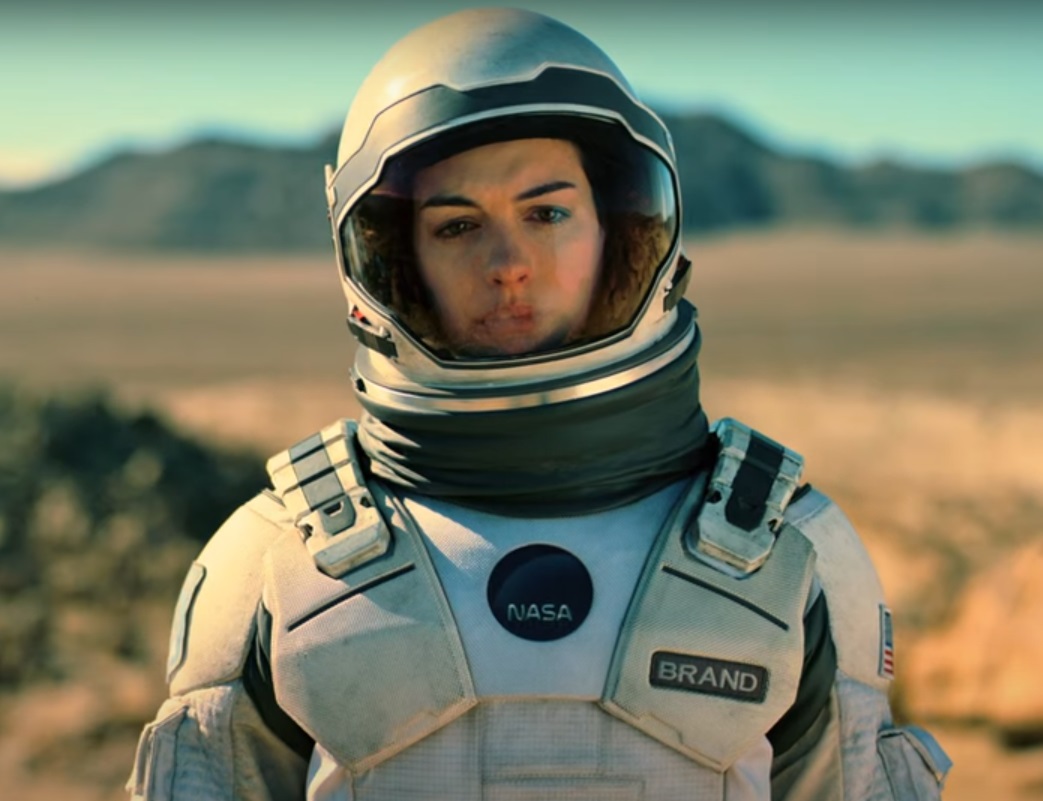 Paramount, Interstellar (2014)
Paramount, Interstellar (2014)
"Se7en" (1995)
The ending overshadows everything the first time. But on a second watch, you start to notice the slow build-up. The city feels suffocating, the murders feel like twisted art projects, and the sense of dread is baked into every frame.
 Arnold Kopelson Productions, Se7en (1995)
Arnold Kopelson Productions, Se7en (1995)
"Parasite" (2019)
The first watch is a wild ride—you’re laughing one minute, gasping the next. But the second time? You’re spotting visual metaphors everywhere. Stairs, windows, basements—it’s all screaming at you about class. Bong Joon-ho is just that good.
 CJ Entertainment, Parasite (2019)
CJ Entertainment, Parasite (2019)
"The Thing" (1982)
At first, it’s just body-horror chaos. But on rewatch, you can’t stop watching the side-eye and paranoia. Every look, every hesitation feels suspicious. And knowing the ending only makes it creepier.
"Eternal Sunshine of the Spotless Mind" (2004)
First time through, you’re busy piecing together the scrambled timeline. The second time, you just feel the heartbreak. Every fight, every goofy memory—it all lands heavier when you know where the relationship’s heading.
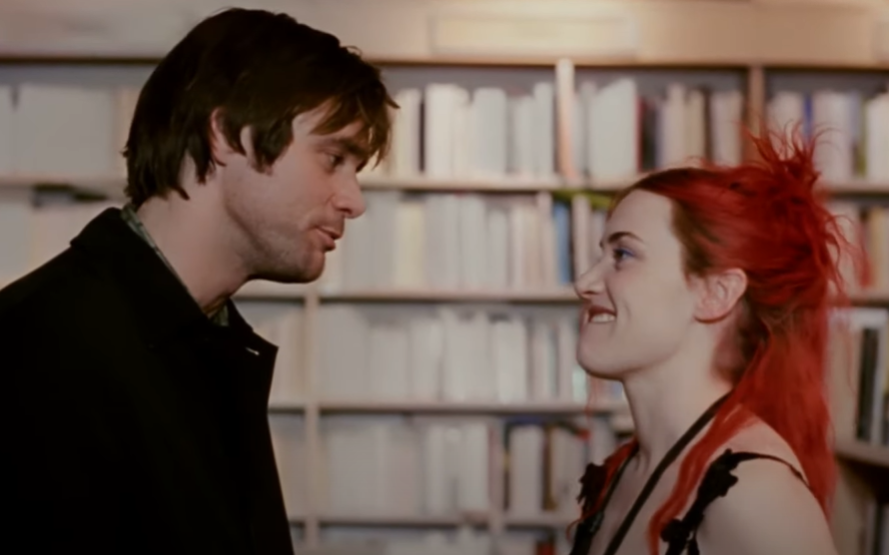 Focus Features, Eternal Sunshine of the Spotless Mind (2004)
Focus Features, Eternal Sunshine of the Spotless Mind (2004)
"Primal Fear" (1996)
The twist flips the courtroom drama upside down. Then you watch again and realize Edward Norton had been dropping hints in every scene. What looked like a performance becomes a magic trick in itself.
"The Truman Show" (1998)
At first it’s a quirky Jim Carrey comedy. Then you rewatch and notice the puppet strings everywhere—extras messing up, weird product placements, background glitches. Suddenly the whole thing feels more chilling than funny.
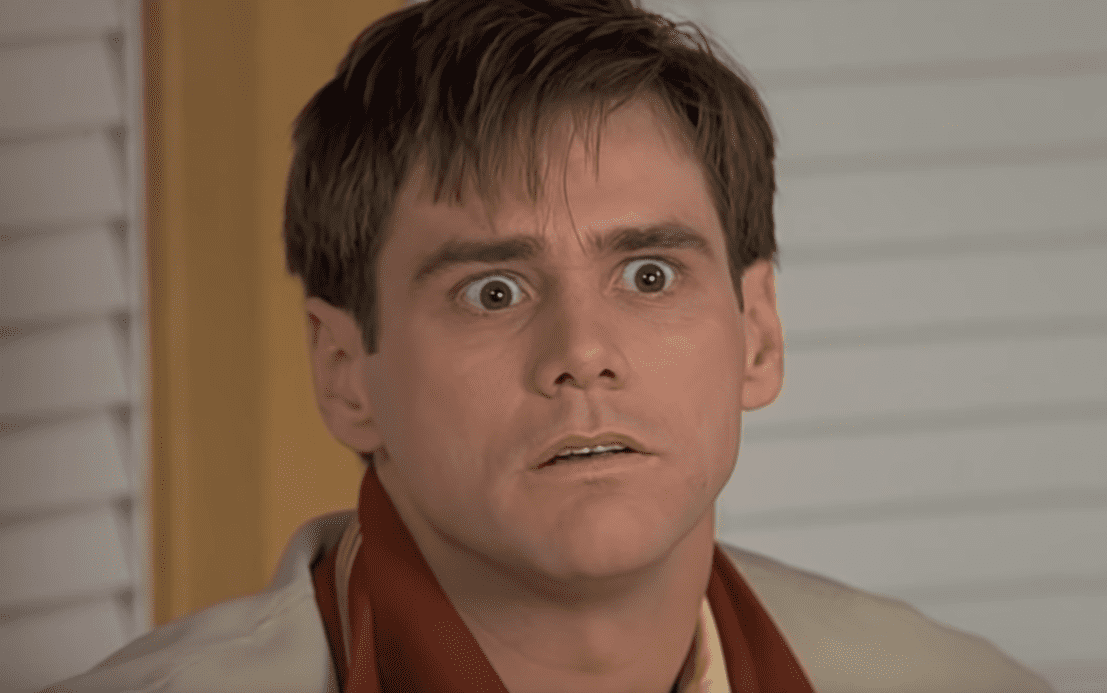 Paramount, The Truman Show (1998)
Paramount, The Truman Show (1998)
"The Others" (2001)
The first time, it’s just a spooky haunted-house movie. The second time? You’re screaming at all the clues you missed. Every line Nicole Kidman says suddenly has double meaning, and the sadness hits way harder.
"Knives Out" (2019)
The first run is all about solving the mystery. On rewatch, you catch the winks and nudges—the sly expressions, the planted clues, the Agatha Christie homages. Rian Johnson built it for exactly this.
"The Shining" (1980)
Creepy the first time, nightmare fuel the second. You start noticing the impossible architecture, the weird background choices, the way the hotel itself feels alive. Kubrick basically built a horror puzzle and dared us to solve it.
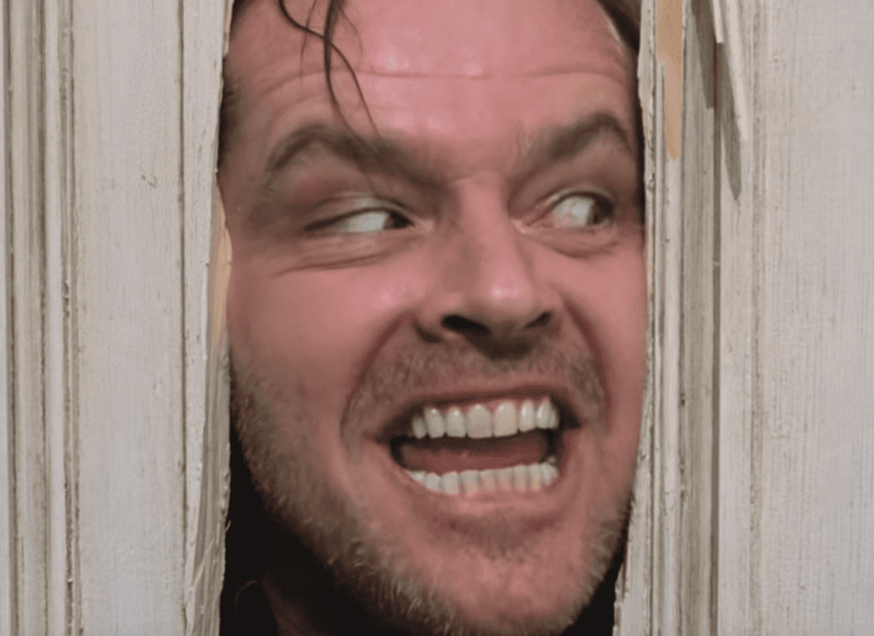 Warner Bros., The Shining (1980)
Warner Bros., The Shining (1980)
"Gone Girl" (2014)
The twisty narrative keeps you off balance at first. But once you know Amy’s game, a rewatch feels like watching a puppet master at work. Every line and look is dripping with manipulation—and it makes you love the chaos even more.
"Coherence" (2013)
First watch: “What just happened?” Second watch: “Ohhhh, I get it now.” Once you know the multiverse trick, you see all the breadcrumbs the filmmakers left. It goes from disorienting to absolutely brilliant.
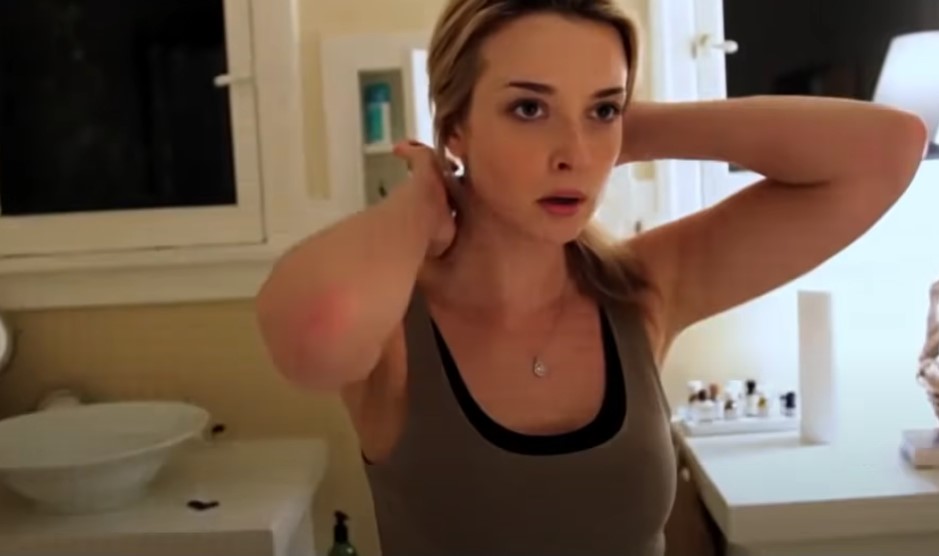 Ugly Duckling Films, Coherence (2013)
Ugly Duckling Films, Coherence (2013)
"The Matrix" (1999)
The action blows your mind on first watch. The second time, you realize the movie is basically a philosophy class with leather jackets. Free will, control, reality—it’s all there once you’re not distracted by bullet time.
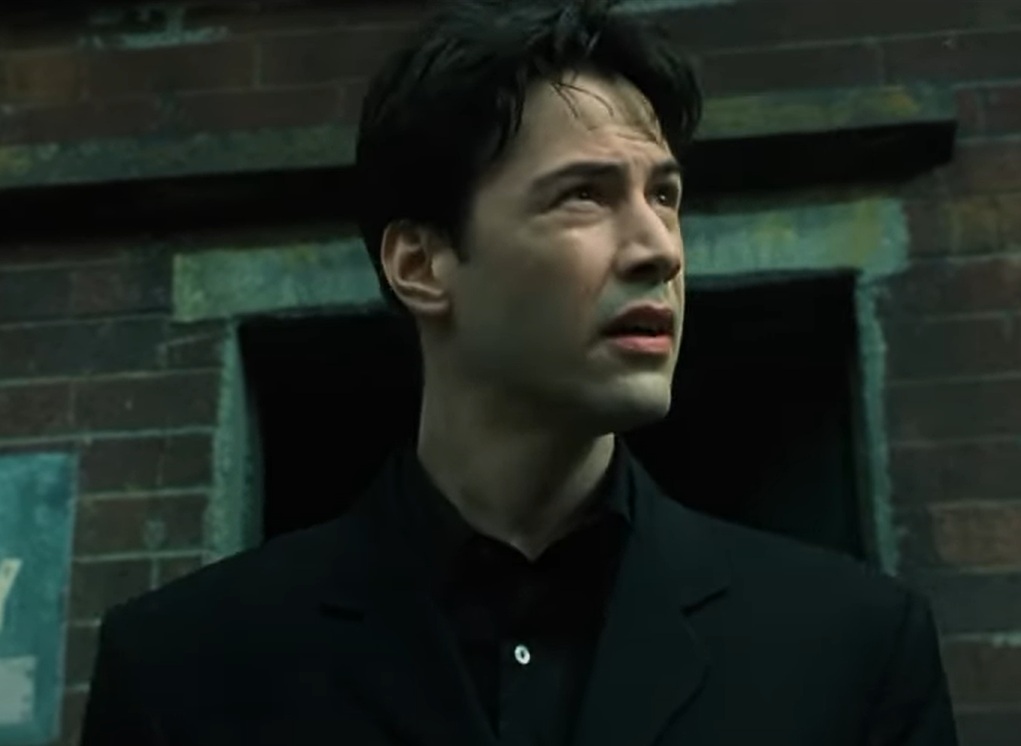 Warner Bros., The Matrix (1999)
Warner Bros., The Matrix (1999)
"American Psycho" (2000)
At first it’s wild and bloody. But on rewatch, you start asking, “Wait, did any of this even happen?” That ambiguity makes it way funnier and way darker. Suddenly it feels less like horror, more like satire.
 Lionsgate, American Psycho (2000)
Lionsgate, American Psycho (2000)
"Tinker Tailor Soldier Spy" (2011)
The first time, it feels like you’re drowning in British accents and spy jargon. The second time, though, you notice the subtle performances—the flicker of an eye, the hesitation in a word. It transforms into one of the smartest spy stories ever told.
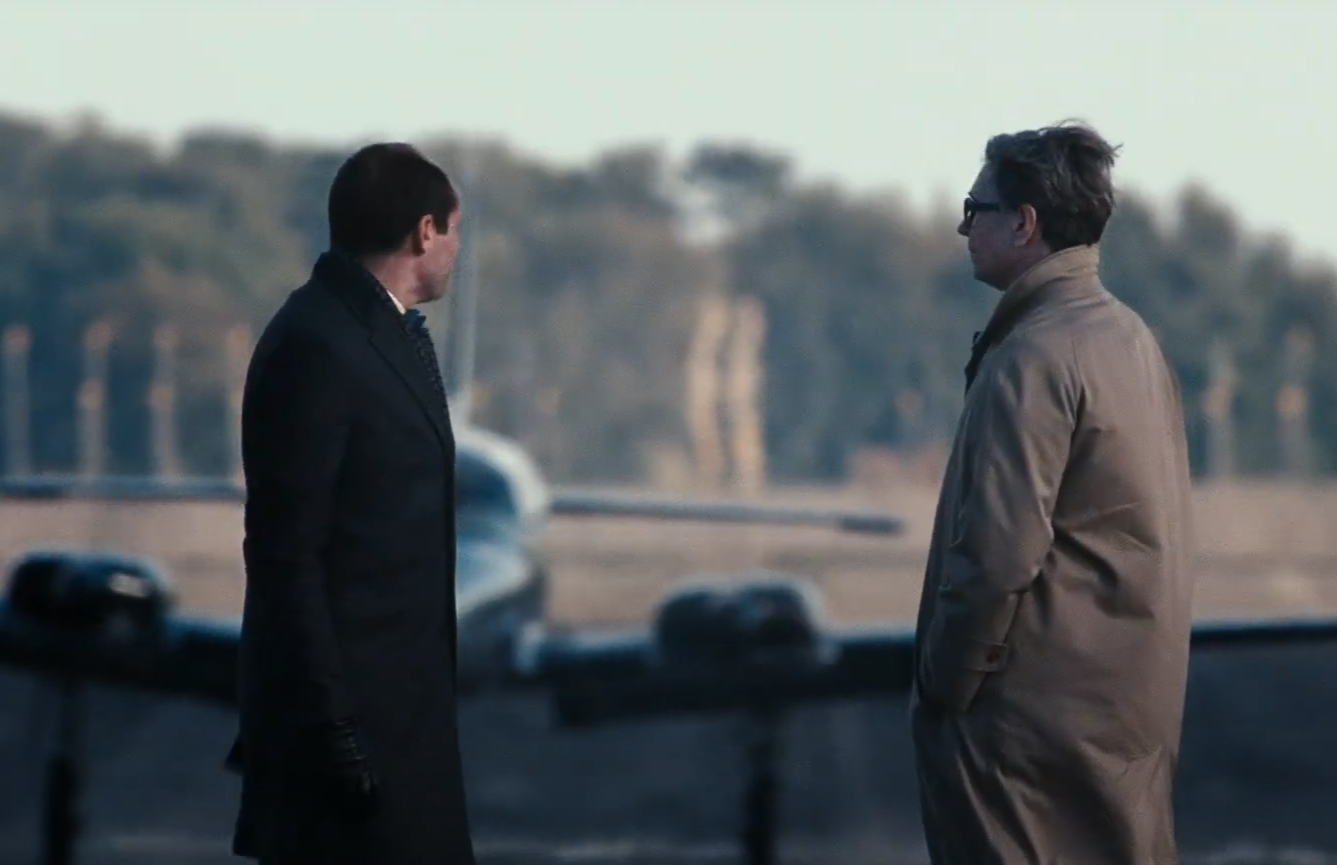 Studio Canal, Tinker Tailor Soldier Spy (2011)
Studio Canal, Tinker Tailor Soldier Spy (2011)
"The Witch" (2015)
At first, it’s slow, creepy, and strange. On rewatch, it’s full of religious dread and symbolism you didn’t catch. Suddenly the ending doesn’t feel random at all—it feels inevitable.
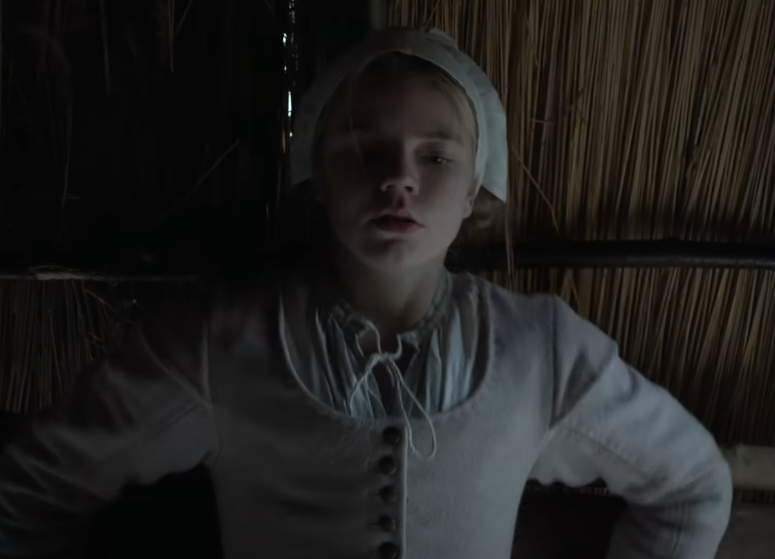 Parts and Labor, The Witch (2015)
Parts and Labor, The Witch (2015)
"Black Swan" (2010)
The first time, it’s a trippy ballet thriller. The second time, it’s a full-on psychological horror. You notice mirrors everywhere, doubles in the background, and the way Natalie Portman’s performance fractures with each scene. It only gets darker on rewatch.
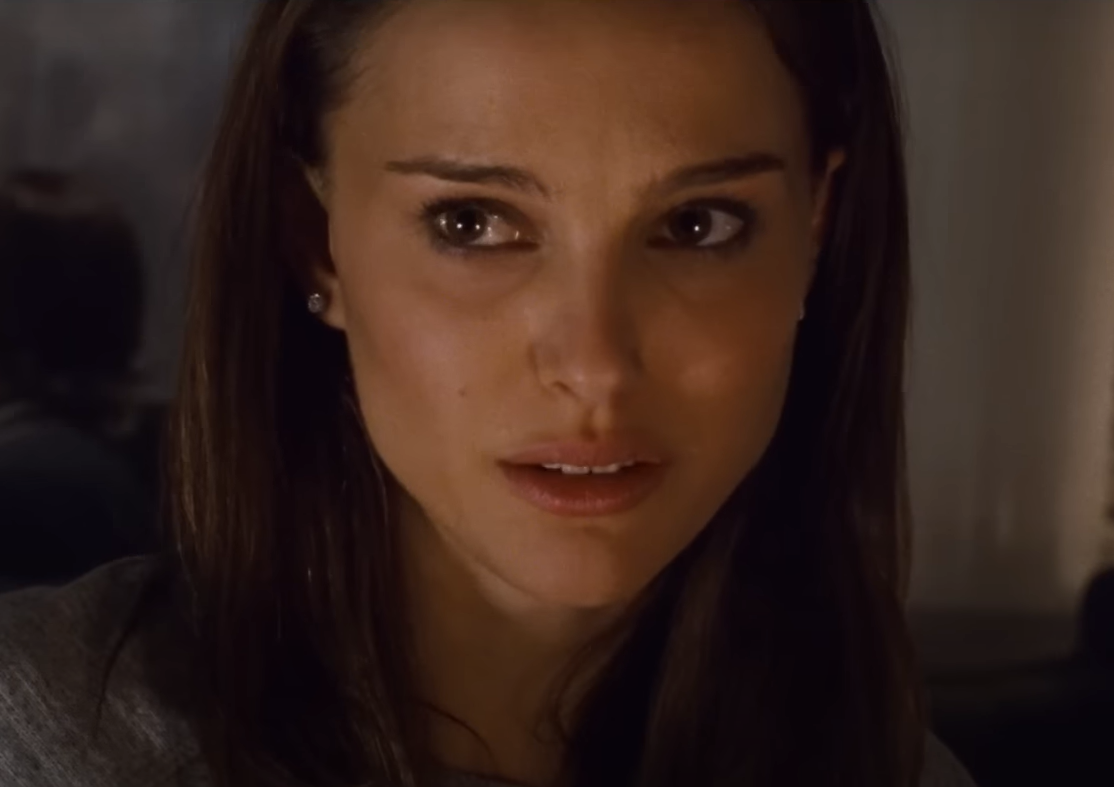 Searchlight Pictures, Black Swan (2010)
Searchlight Pictures, Black Swan (2010)
"Gone Baby Gone" (2007)
Ben Affleck’s directorial debut shocks with its moral dilemma ending. On a rewatch, the ethical layers hit harder—you start catching the early hints about character choices, and the whole movie feels like a slow-burn tragedy.
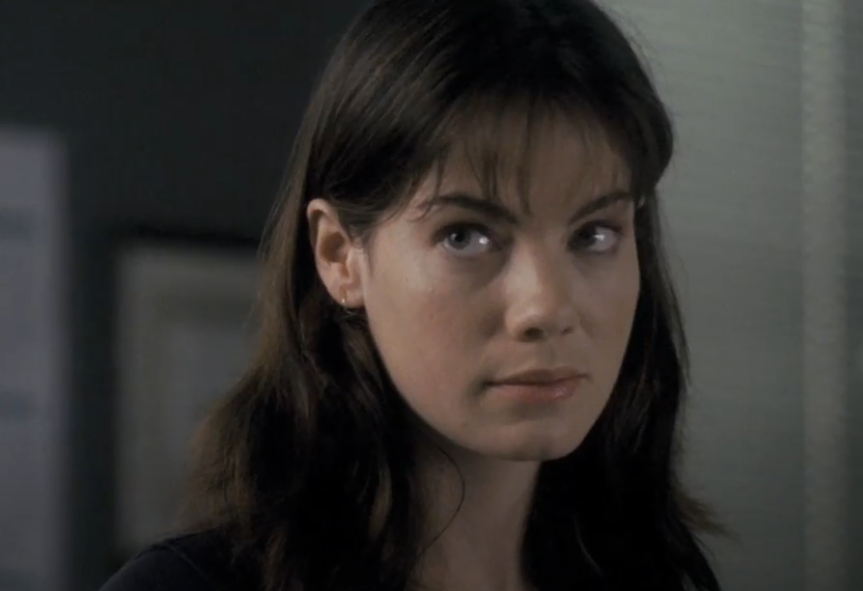 Miramax, Gone Baby Gone (2007)
Miramax, Gone Baby Gone (2007)
"Looper" (2012)
The time-travel plot can make your brain ache the first time. The second time, though, you appreciate the clever setups and small performances—especially from Joseph Gordon-Levitt doing his best young Bruce Willis impression. It’s smarter than it first looks.
You Might Also Like:
Movies Where The Setting Was Practically A Character
The Most Chaotic Movie Productions In Hollywood History

